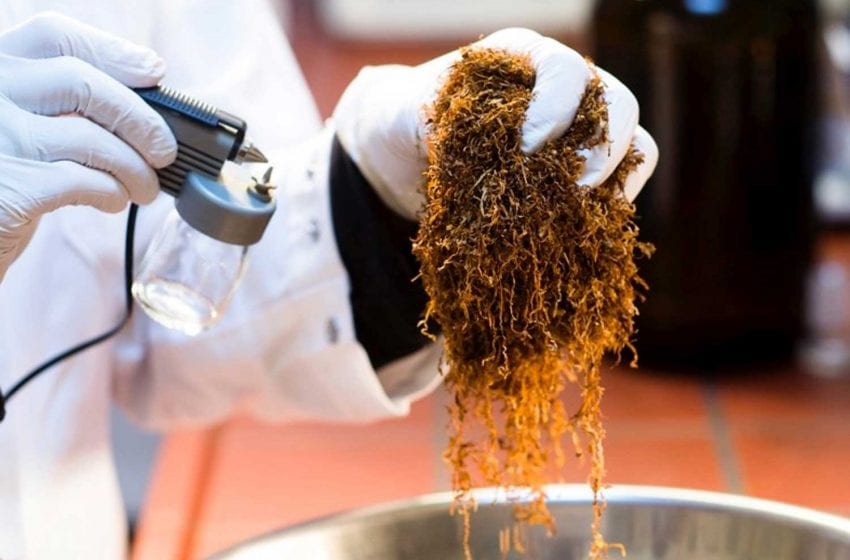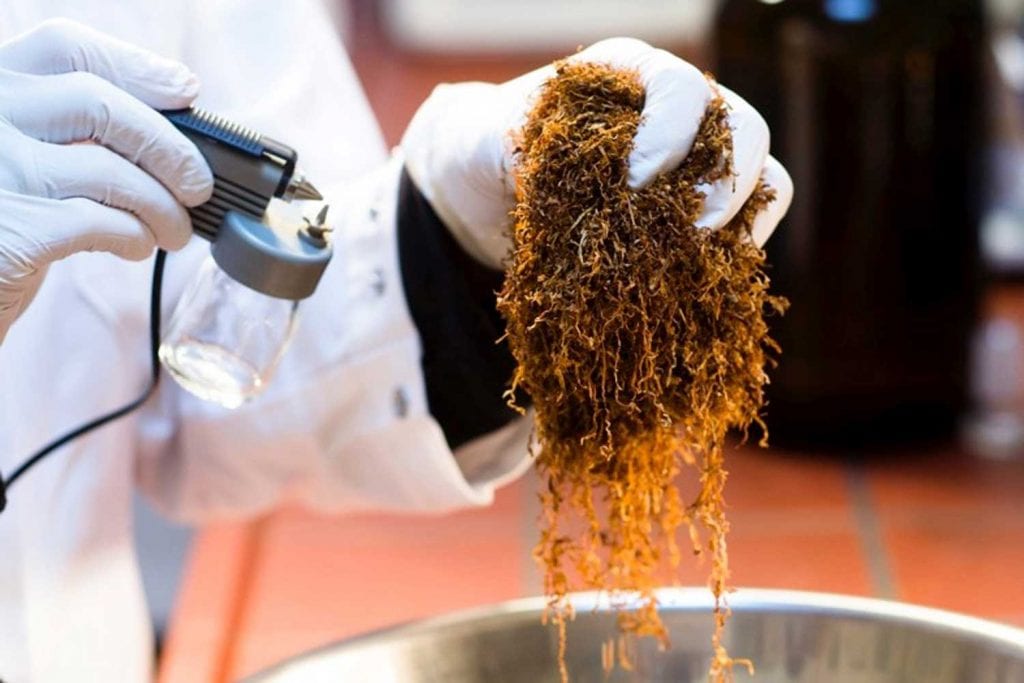Flavor Ban Pushes Sales Next Door
- Featured Flavors News This Week
- February 4, 2022
- 0
- 1
- 2 minutes read


Massachusetts’ ban of flavored tobacco products is not the success its proponents make it out to be, according to Ulrik Boesen of the Tax Foundation.
While a study published in JAMA Internal Medicine found that the sale of flavored tobacco in Massachusetts decreased more than in 27 control states in the wake of the state ban, the authors failed to consider the impact of cross-border trade.
According to Boesen, increased sales in neighboring New Hampshire and Rhode Island almost completely made up for the decrease in Massachusetts.
“The end result of the ban, in fact, is that Massachusetts is stuck with the societal costs associated with consumption, while the revenue from taxing flavored tobacco products is being raised in neighboring states,” Boesen wrote on the Tax Foundation’s website.
Looking at the New England region as a whole confirms that the flavor ban did not work as intended, according to Boesen. “Sales moved around rather than disappeared, and the ban evidently did not impact consumption,” he wrote. “Total sales for the region decreased by slightly more than 1 percent comparing the 12 months preceding the ban to the 12 months following the ban—largely comparable to the national sales trends.”
As the U.S. Food and Drug Administration and other states consider Massachusetts’ example, Boesen urges lawmakers to think twice before banning flavored tobacco products. “The experience out of Massachusetts has not been a success story and other states should be wary of conducting their own expensive experiments,” he wrote.